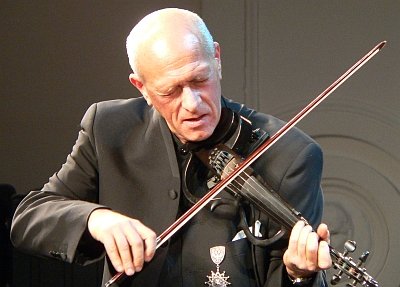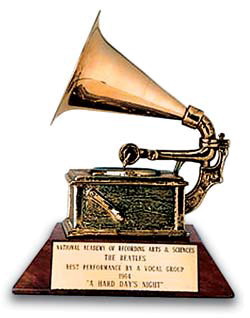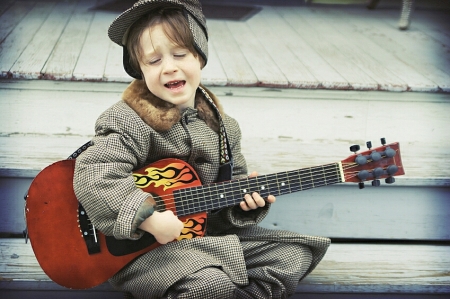Where to learn to sing?
 Classification vocals by style of performance
Classification vocals by style of performance
academic (classical, opera),
pop,
jazz,
folk
At the same time, the basis of everything is exactly the academic vocal performance: it gives freedom of voice ownership.
At the same time, the transition from “jazz to academic” can become a real brittle for a singer, which is why it is desirable to immediately decide what you want to learn.
It is important to understand that in 2-3 months it is impossible to teach to sing professionally even people with natural voice and absolute pitch.
In the case of academic vocals, the first year will have to sing only exercises, vocalizations (singing without words on “oh-oh” or “aaa”) and simple songs.
Then you can gradually move on to romances and simple arias. The point is not that the basis of the science of singing is a technique that is accessible to the elect. In fact, how to sing, you can tell for half an hour, everything else is a matter of training.
In this sense, singing is like a sport. Depending on the natural abilities, you will get a little faster or a little slower, but in any case, hard training is needed. Vocal lessons are a story for several years.
The most common and the most correct form of vocal training is individual lessons with a teacher (here we don’t touch the ensemble-choral school – this is a whole separate world).
It is quite difficult to find your teacher, and even recommendations do not guarantee anything: it’s still important to come together humanly, because you have to spend a lot of time together. The manner of teaching is even more than the varieties of vocals, it can be said, each teacher has his own manner.
There is an old academic school, there are former rockers, etc. Of course, one thing unites them: there are no non-singing teachers of singing.
The past and / or real success of the vocalist on the stage is not a guarantee that he will teach you to sing well.
The quality of singing of the teacher himself does not directly affect the quality of teaching – moreover, the principle “do as I do” does not work here, because the vocal apparatus is different for everyone (someone has a longer neck, someone is shorter).
One will tell in detail about the structure of the larynx (with pictures and diagrams) and how it should stand up so that the sound is correct. Another will say something about the dome in the mouth, and the third will simply offer to take a cucumber in its mouth.
There are also originals that make singing different indecent words: and this, it turns out, works very effectively.
The cost of individual lessons for different teachers ranges from 300 p. up to $ 100 per academic hour.
But again, the high price does not speak about the teacher’s super professionalism, it’s necessary to proceed more from one’s own abilities: it’s necessary to be engaged at least twice a week (the accompanist is paid separately).
A non-professional teacher is the nightmare of all novice vocalists, since it is quite difficult for a beginner to identify him. Hacking is often opened only afterwards … for example, going to a more experienced specialist, when the voice is already spoiled, you have to relearn.
If the lessons are sung unfreely and there is no improvement for a long time (the first well-audible results, in principle, should appear after 8-10 lessons) or, even worse, there will be a sore throat or hoarseness – such a teacher must escape immediately. If you have such problems, you can contact a doctor-phoniatrist – he will certainly determine that the work with the voice is going wrong.
Never late to learn
But you can start learning vocal at any time. A certain period has been released to any voice, after which, with active use, it is gradually “erased”. It is about 30 years old. So, starting to sing in 40 years, you can not live to see the end of its glory.
A screaming case: the grandfather of 70 years old came to learn, he had a chic baritone, a timbre – like a young one. True, sclerosis took his own, and the singer often forgot … the words of his arias right during the performance.
In music schools, as a rule, take only children. And in any music school that prepares academics, one must deal with ready-made, worked-out works (song, romance, aria).
If you don’t have any familiar teachers, you can search in music conservatories or colleges – many vocal teachers also work as private practice.
To avoid the lottery (alas, even a professor can spoil a student’s voice), go to the offsets, which are often publicly available, and listen to how different students sing – this will be the best evidence of the teacher’s professionalism.
In the end, go to the nearest House of Culture and find out if there is a studio of pop-jazz, folk or opera vocals.
In any case, do not be shy about your inability – almost any good teacher is happy to take it for inexperienced students. Of course, the ability to play at least a simple scale does not hurt.




